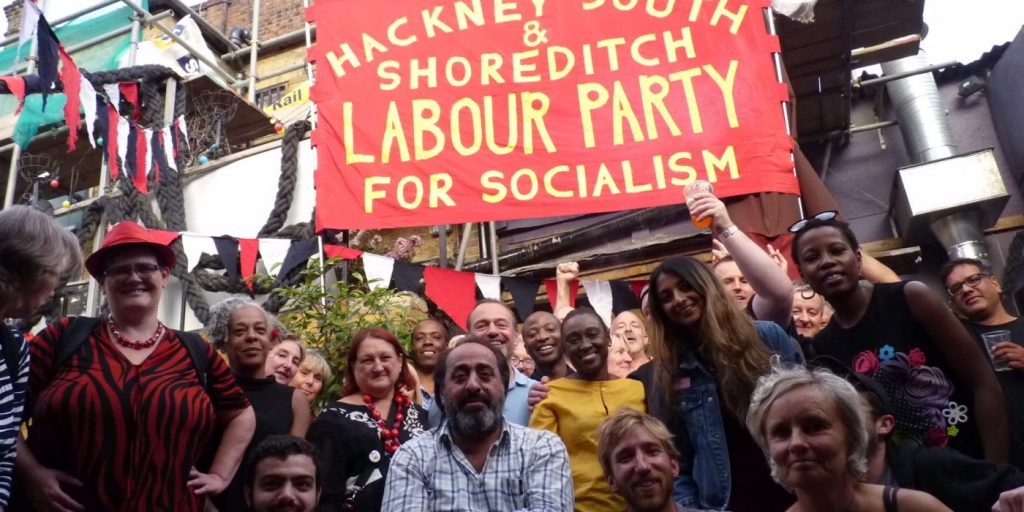“The history of all hitherto existing society is the history of class struggles. Further, it follows that every class which is struggling for mastery, even when its domination, as is the case with the proletariat, postulates the abolition of the old form of society in its entirety and of domination itself, must first conquer for itself political power in order to represent its interest in turn as the general interest, which in the first moment it is forced to do.” (The German Ideology, Marx & Engels).
What Marx and Engels are describing here is the process of revolution, whereby one class seizes political power from the ruling class, fundamentally changing the structure of society to reflect the new, developing relations of production. This is the role of the working class, whose position within capitalist society gives it both the necessity and the means to take political power. Necessity because the very nature of production under capitalism keeps the worker in a subordinate position; means because capitalism relies upon the worker to create value and thereby keep the entire system functioning.
However, there are many in the labour movement who would argue that this is not the only way to deal with capitalism. Some call for changes to make capitalism more palatable, curbing its worst effects whilst maintaining the system of exploitation itself, whilst others believe that such changes will themselves lead towards socialism by a more gradual but less destructive route than revolution. Both of these positions constitute forms of what may be called reformism.
The first position is clearly self-defeating. Capitalism, by its very nature, needs to expand, drawing more and more workers into production and at the same time worsening their wages and conditions in order to stabilise rates of profit. In the end, reforms offered by capitalism can only be temporary and are often achieved at the expense of other sections of workers. This is not an argument against fighting for reforms but these cannot be seen as the end goal of the working class movement.
Rosa Luxemburg tackled this precise question in her book Reform or Revolution where she asked, “Can the social democracy be against reforms? Can we counterpose the social revolution, the transformation of the existing order, our final goal, to social reforms? Certainly not. The daily struggle for reforms, for the amelioration of the condition of the workers within the framework of the existing social order, and for democratic institutions, offers to the social democracy the only means of engaging in the proletarian class war and working in the direction of the final goal – the conquest of political power and the suppression of wage labour. Between social reforms and revolution there exists for the social democracy an indissoluble tie. The struggle for reforms is its means; the social revolution, its aim.”
However, Luxemburg was equally clear that this aim wouldn’t be achieved simply by passing progressively more legislation and enacting progressively more reforms until one day the working class was freed from wage slavery. Indeed, she argued that to take this position was, in effect, to fall into the trap of supporting the bourgeoisie.
This is because the state under capitalism, whilst it is a site of struggle, is also dominated by the ruling class. It exists to manage the affairs of the bourgeoisie. Therefore, whilst it may at times pass legislation which improves the situation of the working class, this only occurs when it is necessary in order to prolong the rule of capital.
The capitalist state can never pass legislation which would, in and of itself, undermine the system and end wage exploitation. This can only be achieved through the militant action of the working class – revolution.
The other point she makes is equally important, though. Just because the aim of Marxists is socialist revolution, the seizure of political power by the working class, this does not mean that we reject struggle for reforms. This struggle is doubly important. On the one hand, reforms can empower the working class by giving it new weapons with which to fight and improving the overall situation of the class, for example legislation on working hours, protection of the right to strike.
On the other, the struggle for these reforms is the means by which the working class both educates itself of the need for the struggle for socialism and prepares itself for such a struggle. In the course of struggling for reforms, it becomes obvious that these are only temporary solutions to the problems posed by capitalism and that a lasting solution can only be won by socialist revolution, the suppression of wage labour and the building of a new society, free from exploitation. It is this goal to which we, as Communists, commit ourselves.



